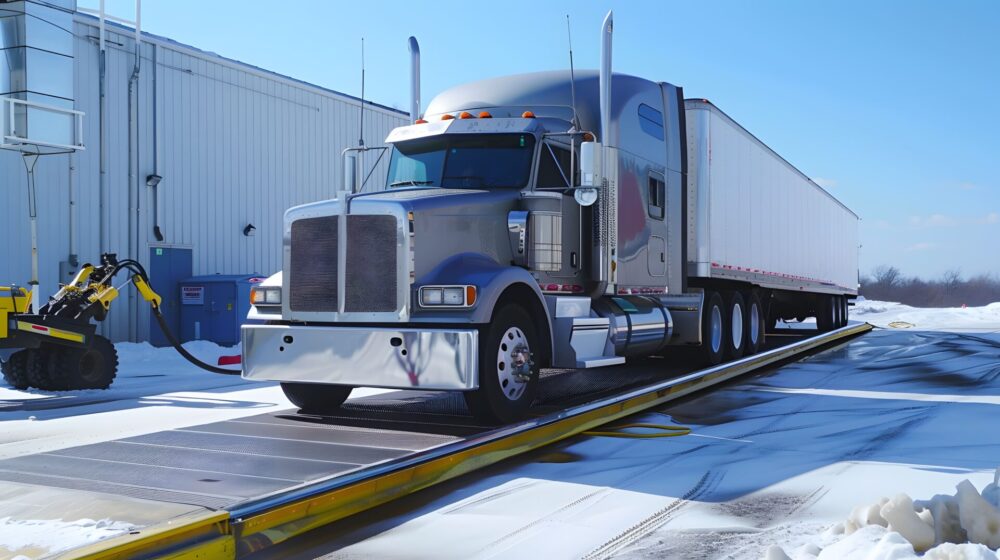As a fleet owner, you know that every truck and every route has its own set of challenges. It’s not just about getting insurance; it’s about getting the right insurance. Maybe you’re managing a small fleet and carefully budgeting for essentials, or perhaps you’re a larger operation, navigating contracts with companies like Amazon Relay. Either way, you need coverage that truly protects you.
Essential Commercial Truck Insurance Requirements for Growing Trucking Companies
Let’s be real—no one wants to think about the “what ifs.” But imagine this: your truck gets into a fender bender. You think you’re covered, only to find out that your policy doesn’t fully protect you, leaving you to foot the bill. Worse, missing just one small requirement can lead to hefty fines or even lost contracts. These kinds of surprises can sink a business, and they’re more common than you might think.
Getting There: Your Roadmap to Full Compliance
So, what steps should you take? Here’s a breakdown of what really matters when it comes to commercial truck insurance requirements:
- Assess Coverage Types: Look beyond basic liability. Consider physical damage, cargo, and non-trucking liability for times when your drivers are off the clock. This might sound excessive, but each layer of coverage adds protection against unexpected costs.
- Stay Compliant with DOT Standards: Meeting Department of Transportation standards isn’t just a box to check—it’s crucial. The DOT compliance landscape is complex, but many insurance options, especially small fleet insurance, are designed with these standards in mind. They help you stay in good standing and avoid penalties.
- Understand Contract-Specific Requirements: Amazon Relay, for example, has its own set of requirements that can include higher liability limits and cargo coverage. Make sure to align your policy with these so you can focus on delivering, not worrying about eligibility.
- Work with Providers You Can Trust: Not every insurer offers the same level of flexibility or support. The top 10 commercial truck insurance companies know what’s at stake and offer policies that align well with industry standards, from small fleet coverage to large-scale operations.
FAQ: Common Questions About Fleet Insurance Requirements
Why are the Amazon Relay requirements so specific?
Amazon Relay wants to ensure all fleet partners are fully covered, especially as they’re dealing with high-value loads. Meeting these standards shows you’re prepared and reliable.
How can small fleet insurance help me stay compliant?
Small fleet insurance packages often include features that support compliance, like pre-set coverage levels designed to align with DOT standards. This can reduce your compliance headaches and keep you on the road legally.
Is there a difference in requirements for semi trucks?
A semi truck often has higher coverage minimums due to the size and value of the vehicle and its cargo. Understanding these details can help you avoid under-insuring.
What’s Nexts for Your Fleet?
Are you confident your fleet meets all commercial truck insurance requirements? It might be time for a policy review to catch any gaps before they become costly surprises. Don’t leave your operation exposed—get the right coverage now, so you can drive forward with confidence.


